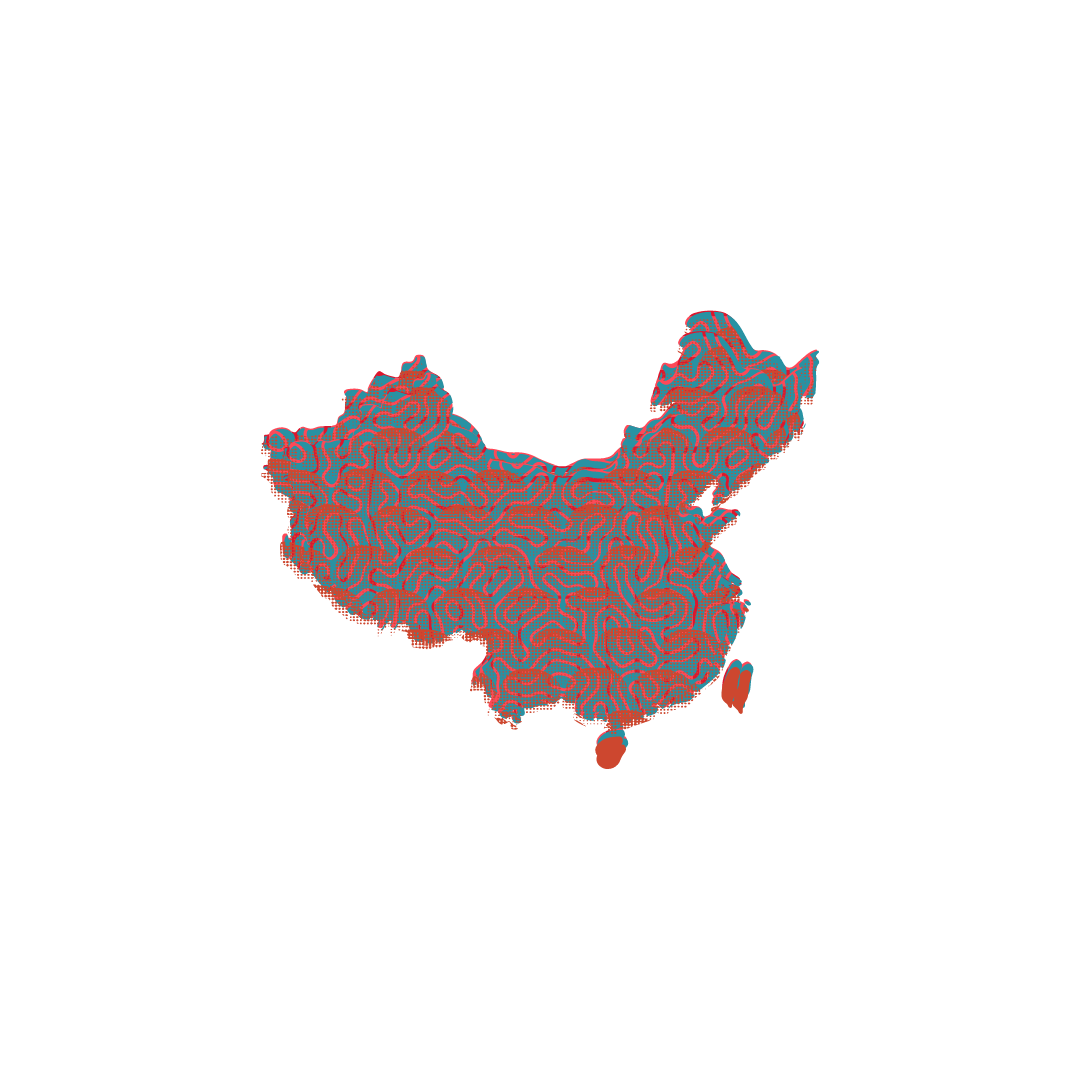Why is Chat GPT blocked in China? ChatGPT, an AI language model by OpenAI, faces blockage in China due to government concerns over content control, security risks, and ideological influences. China’s Great Firewall restricts access to foreign platforms that may disseminate sensitive information or challenge local internet governance. This reflects broader tensions between technological innovation and national regulatory frameworks, highlighting the complexities of global internet governance and cultural differences. As AI continues to evolve, navigating these issues will require dialogue to balance innovation with regulatory compliance and respect for diverse societal values.
Why is Chat GPT blocked in China?
In recent years, the Internet has become an essential part of global communication, facilitating the exchange of ideas, information, and services across borders. However, access to certain online platforms and services can vary significantly from one country to another due to a variety of reasons, including regulatory policies, cultural differences, and governmental control. One such platform that has faced restrictions in China is ChatGPT, an AI-powered language model developed by OpenAI.
What is ChatGPT?
ChatGPT is an advanced AI model designed to generate human-like text based on the input it receives. It uses a deep learning algorithm to understand and respond to natural language, making it capable of engaging in conversations, answering questions, and providing information on a wide range of topics. This technology has applications in customer service, content generation, language translation, and more, demonstrating its potential to transform how we interact with digital systems.
Why is ChatGPT Blocked in China?
The Chinese government maintains strict control over its internet ecosystem through a system known as the Great Firewall, which regulates and censors online content according to national laws and policies. Several factors contribute to why ChatGPT, along with other similar platforms, is inaccessible in China:
- Content Control: ChatGPT operates by processing and generating text based on vast amounts of data from the internet, including user interactions. This poses a challenge to authorities who seek to regulate the flow of information and ensure compliance with censorship laws. The ability of AI models like ChatGPT to potentially disseminate sensitive or prohibited content makes them a concern for regulatory bodies.
- Security Concerns: AI models such as ChatGPT are seen as potential tools that could be used to bypass censorship measures or spread disinformation. In China, where maintaining social stability and controlling the narrative are paramount, the unrestricted use of such technologies is viewed with caution.
- Competition and Control: China has its own ecosystem of internet companies and platforms, often developed with strict oversight and compliance with local regulations. Foreign technologies like ChatGPT may be perceived as competitive threats to local businesses or as entities that could undermine domestic control over online discourse.
- Ideological Control: The Chinese government also places emphasis on promoting ideologies that align with its governance and societal goals. Technologies that originate from countries with different ideological frameworks may be scrutinized more closely for their potential to influence public opinion or cultural norms.
Implications and Future Outlook – Why is Chat GPT blocked in China?
The blocking of ChatGPT in China highlights the complexities of navigating global internet governance and regulatory environments. While AI technologies offer tremendous potential for innovation and advancement, they also raise important questions about privacy, security, and cultural sensitivities that differ across regions.
Looking ahead, bridging these gaps will require ongoing dialogue between technology developers, policymakers, and civil society to find balanced approaches that respect local laws while promoting innovation and access to information. As AI continues to evolve, its impact on global communication and cultural exchange will undoubtedly shape the future of digital interactions worldwide.
In conclusion, the case of ChatGPT in China serves as a poignant example of the challenges and considerations involved in the intersection of technology, regulation, and cultural diversity in the digital age. Understanding these dynamics is crucial for fostering an internet ecosystem that is both inclusive and respectful of national sovereignty and local values.

